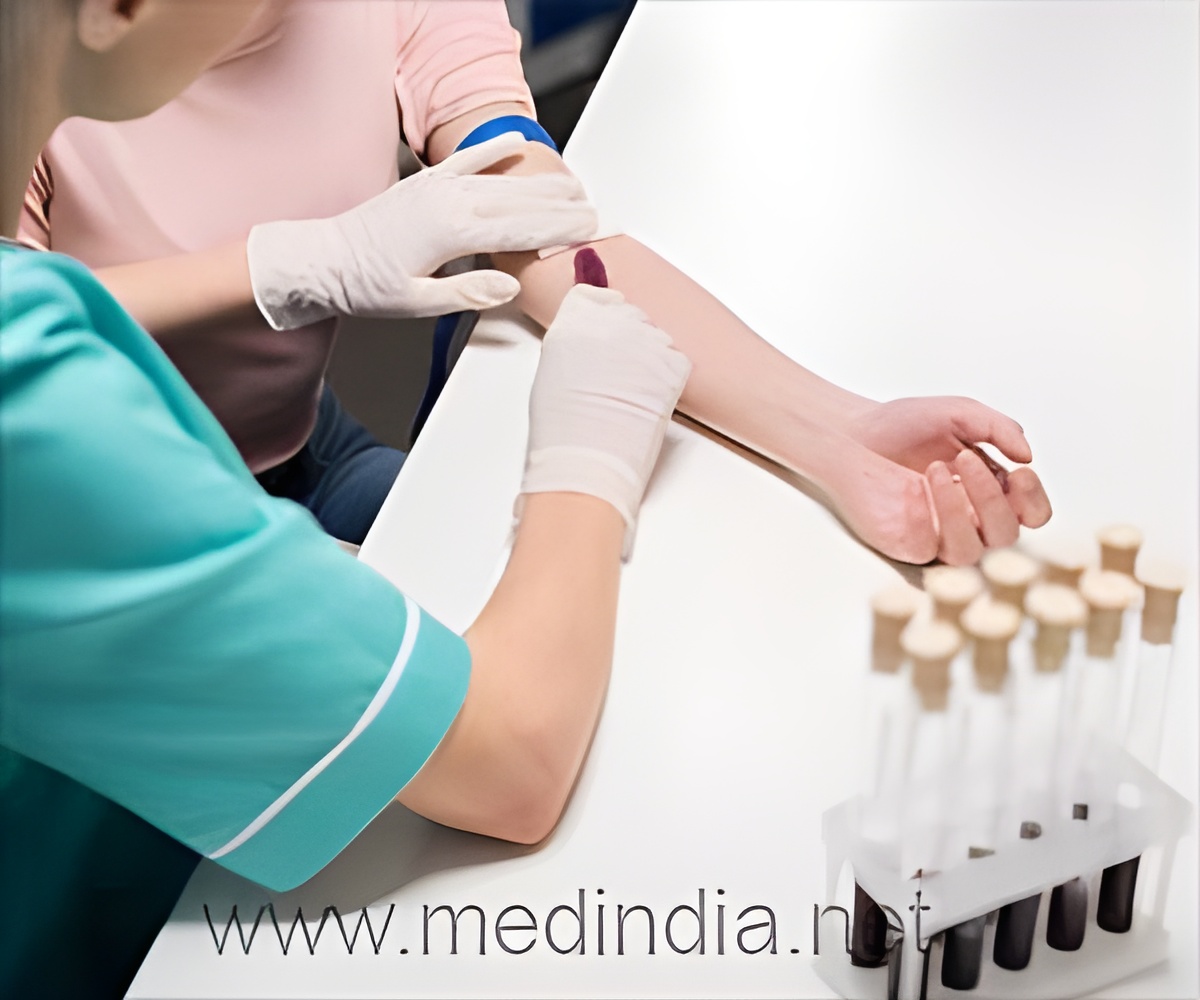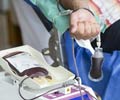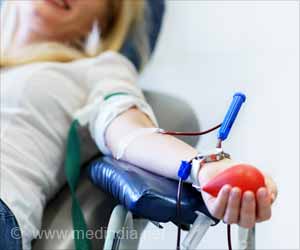
‘Through Tandarust Punjab Mission, Punjab's chief minister has taken this important decision for the poor and downtrodden sections of the society.’
Tweet it Now
"Not only shall be blood provided free of cost, but it will also be ensured that the blood is available round the clock in all the hospitals," the Minister said in a statement here. Mohindra said that this move would benefit thousands of patients across Punjab as they earlier had to pay processing charges of Rs 300 per unit of blood in civil hospitals and Rs 500 per unit in government medical colleges.
"From now, blood and blood components like packed RBC, fresh frozen plasma, cryoprecipitate, platelets rich plasma and platelet concentrate will be given free of cost to all the patients," he said.
The blood, he pointed out, is the first important requirement in case of the road accidents or the patients who are undergoing surgeries.
Mohindra said that there are a total of 116 blood banks in Punjab, out of which 46 are being operated by the government, six by the Army and 64 others being run by private entities.
Advertisement
This web facility would be a guiding source for all the needy persons to check the availability of a particular blood group and blood components and its quantity in a particular blood bank, he added.
Advertisement













